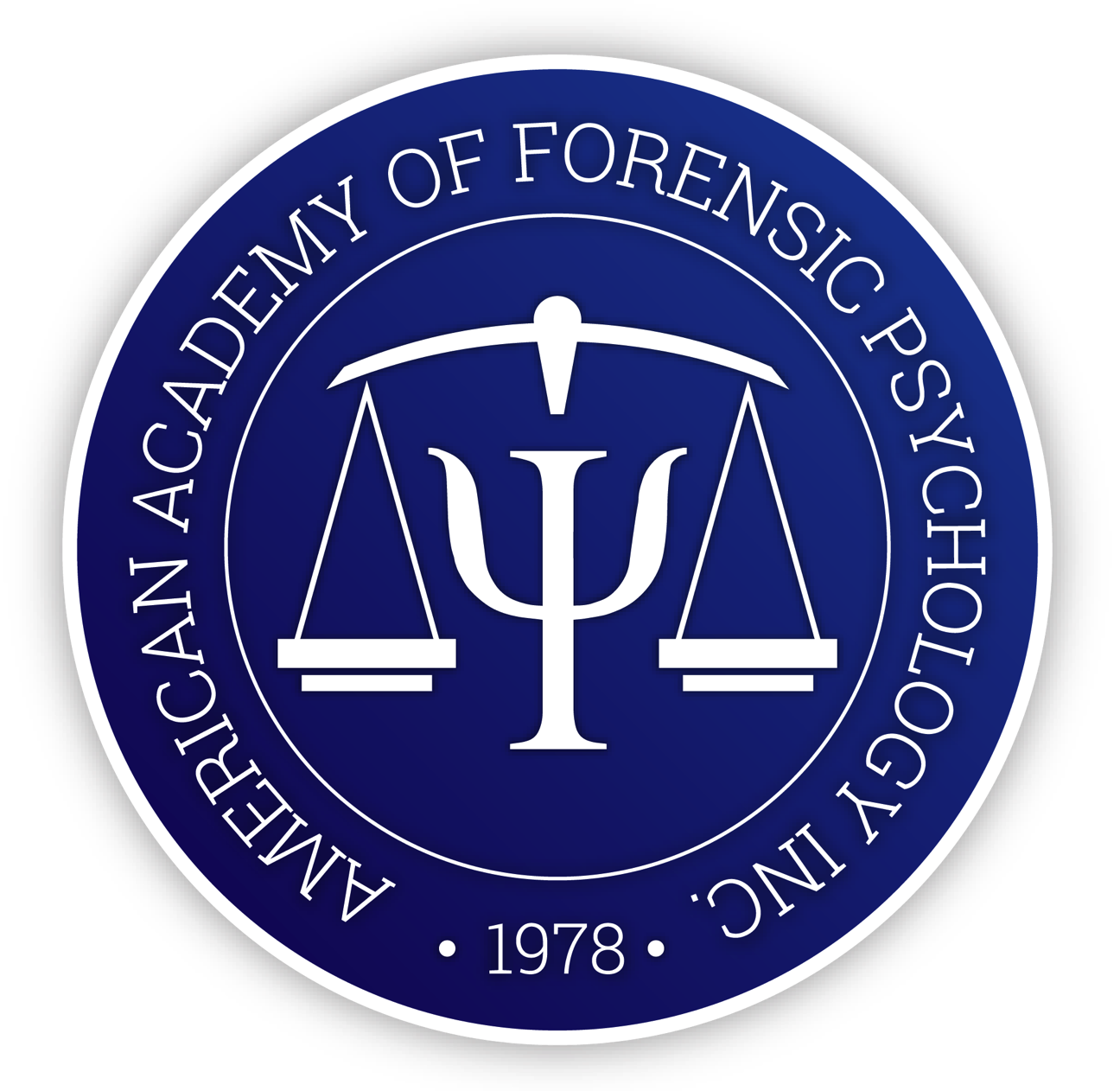June 27, 2024
9:00 AM - 1:00 PM
Pacific
4 Hours | 4 CEs
Live Training via Zoom
Shawn K. Acheson, PhD presents a live virtual professional training program on Marijuana and Cannabinoids: An Overview for Forensic Mental Health Professionals in partnership with the American Academy of Forensic Psychology (AAFP).
This program will provide a broad overview of marijuana and related natural and synthetic cannabinoids. Topics to be covered will include the history of their use and the evolution of THC content and synthetics; the basic pharmacology of how cannabinoids affect the brain and how they are processed by the body; and the cognitive, behavioral, and psychomimetic effects of cannabinoids. Participants will also learn how this information relates to specific forensic matters such as criminal competence, mental state at the time of the offense, and mitigation at sentencing.
This training is intended for fellow psychologists of all levels of experience, particularly those working in criminal forensic contexts. Psychologists in private practice, as well as those working in state hospitals, state or federal prisons, may benefit from the material presented. However, various other professionals may also gain valuable information including psychiatrists, social workers, and counselors with experience or interest in forensic matters.
Training Outline:
Brief History of Cannabis and Cannabinoids
- Crime and Use statistics
- Changes in potency and the designer craze
- The evolution of delta-9 alternatives (e.g., CBD, Delat-8, Delta-10)
- Structure and function
- Drug detection and clinical laboratory findings
- Acute Intoxication, Chronic Use, & Withdrawal
Forensic Applications
- Criminal Competencies
- Mental State
- Mitigation
- Prenatal
- Adolescent
- Geriatric

Intended Audience
This live program is intended for mental health and other allied professionals.

Experience Level
This live program is appropriate for beginner, intermediate, and advanced level clinicians.

CE / CPD Credit
APA, ASWB, CPA, NBCC: Click here for state and other regional board approvals.
Learning Objectives
Upon completion of this program you will be able to:

Describe the history of cannabinoid use and the evolution of the types and potency of cannabinoids

Describe the basic pharmacology of cannabinoids and their cognitive, behavioral, and psychotomimetic effects

Describe information to various forensic concerns, including criminal competencies, mental states at the time of the offense, and mitigation

Live Event Policy
Registration for our live events is covered for one (1) person per purchase. If you would like to purchase for a group, please contact our group training team.
Event Communications
When registering, use an email that is active and that you check regularly. We are not responsible for communications not being received; if you do not add caps@paloaltou.edu to your email safe sender list, our emails are likely to end up in your spam or junk folders.
Cancellation Policy
Have a sudden change of plans and are unable to attend live? No worries; you will be given access to the on-demand version of the program once available. Please note if you attend live, no access to the recording will be given.
Event Conduct
Professional conduct is expected during our live programs. Our goal is to make our events as interactive as possible for all participants. We reserve the right to remove any participants who are disruptive, act unprofessionally, or who we are unable to verify their purchase.
Develop a Specialty Area of Practice
Transforming mental health professionals into experts
Expert Instructors
Professional training developed and delivered by the field's leading experts

CE Credit
Earn CE credit for meaningful professional training that will elevate your practice
Convenience & Flexibility
Learn at your own pace, from wherever you might be!
Program Partner
American Academy of Forensic Psychology (AAFP)
We are proud to partner with the American Academy of Forensic Psychology (AAFP) for this training. AAFP is a non-profit organization of board-certified forensic psychologists whose mission is to contribute to the development and maintenance of forensic psychology as a specialized field of study, research, and practice. The Academy does this by providing high-quality continuing education workshops, providing a forum for the exchange of scientific information among its members, and conferring awards upon outstanding students and practitioners in the field of forensic psychology.

CE Sponsorship Information
Palo Alto University, Continuing and Professional Studies (CONCEPT) is approved by the American Psychological Association to sponsor continuing education for psychologists. Palo Alto University, Continuing and Professional Studies (CONCEPT) maintains responsibility for this program and its content. Palo Alto University, Continuing and Professional Studies (CONCEPT) is approved by the Canadian Psychological Association to offer continuing education for psychologists. Palo Alto University, Continuing and Professional Studies (CONCEPT), SW CPE is recognized by the New York State Education Department’s State Board for Social Work as an approved provider of continuing education for licensed social workers #SW-0356 and the New York State Education Department’s State Board for Mental Health Practitioners as an approved provider of continuing education for licensed mental health counselors. #MHC-0073. Palo Alto University, Continuing and Professional Studies (CONCEPT) has been approved by NBCC as an Approved Continuing Education Provider, ACEP No. 6811. Programs that do not qualify for NBCC credit are clearly identified. CONCEPT Professional Training, #1480, is approved to offer social work continuing education by the Association of Social Work Boards (ASWB) Approved Continuing Education (ACE) program. Organizations, not individual courses, are approved as ACE providers. State and provincial regulatory boards have the final authority to determine whether an individual course may be accepted for continuing education credit. CONCEPT Professional Training maintains responsibility for this course. ACE provider approval period: 11/22/23-11/22/26. Social workers completing this course receive (clinical or social work ethics) continuing education credits.

